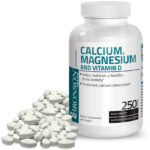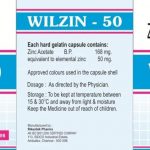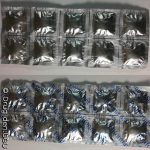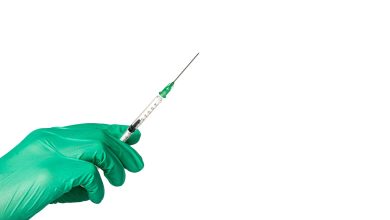Oxybone: Uses, Benefits, Dosage, Side Effects, Interactions
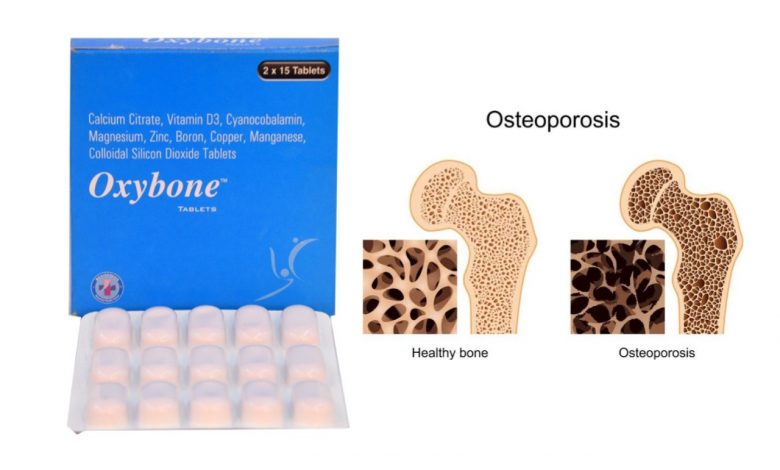
Oxybone is a combination supplement that contains vital vitamins and minerals. It is mainly used for promoting bone health and for the treatment of osteoporosis, osteomalacia, and osteopenia.
Osteoporosis is a health condition that weakens bones, making them fragile and more likely to break. It develops slowly over several years and is often only diagnosed when a fall or sudden impact causes a bone to break (fracture). The most common injury in people with osteoporosis is a broken wrist.
Osteoporosis can occur in people of any age, but it’s more common in older adults, especially women. More than 53 million people in the United States either have osteoporosis or are at high risk of developing it.
People with osteoporosis are at a high risk of fractures, or bone breaks while doing routine activities such as standing or walking. The most commonly affected bones are the ribs, hips, and the bones in the wrists and spine.
Each tablet of Oxybone contains calcium citrate malate 1000mg, magnesium hydroxide 100mg, elemental zinc 4mg, vitamin B12 1.0 mg, silicone 2.0 mg ,boron 250mcg, manganese 2mg and vitamin D3 200IU.
How Oxybone works
All the active ingredients in Oxybone work in synergy to promote bone health. Calcium is the major component of the bone, where it provides the skeleton strength and structure. Adults need the calcium in Oxybone to maintain strong bones. Over time, inadequate calcium intake can cause osteoporosis, the brittle bone disease. People with osteoporosis are at high risk for broken bones, especially at the wrist, hip and spin.
Another nutrient in Oxybone that plays a role in bone health is magnesium. This nutrient represents a crucial cofactor for enzymes necessary for the synthesis of bone matrix and also plays a role in bone formation by stimulating osteoblast proliferation.
Zinc an essential mineral Oxybone is required for normal skeletal growth and bone homeostasis. Furthermore, zinc appears to be able to promote bone regeneration. However, the cellular and molecular pathways through which zinc promotes bone growth, homeostasis, and regeneration are poorly understood.
Copper is very vital for bone health. Moderate serum copper levels are critically important for bone health. Lower serum copper levels are significantly associated with decreased bone mineral density (BMD) in the total femur and femoral neck. In addition, boron another ingredient has properties that aid in the treatment of osteoporosis by activating vitamins and minerals necessary for healthy bone formation.
A study suggests that adequate vitamin B12 intake an ingredient in Oxybone is important for maintaining bone mineral density. Silicon improves bone matrix quality and facilitates bone mineralization while manganese is a cofactor for several enzymes involved in bone formation.
The last ingredient in Oxybone is Vitamin D3 which is necessary for strong bones and muscles. Without Vitamin D, our bodies cannot effectively absorb calcium, which is essential to good bone health. Children who lack Vitamin D develop a condition called rickets, which causes bone weakness, bowed legs, and other skeletal deformities, such as stooped posture.
How should I take Oxybone?
Take Oxybone exactly as prescribed by your doctor, Read the Medication Guide provided by your pharmacist before you start taking Oxybone. If you have any questions, ask your doctor or pharmacist.
Dosage is based on your medical condition, age, and response to treatment. Your dose may be gradually increased until the drug starts working well. Follow your doctor’s instructions closely to reduce the risk of side effects.
Oxybone Side Effects
Even at normal doses, Oxybone may cause:
- Bloating,
- Gas
- Constipation
- Nausea
- Vomiting
- Loss of appetite
- Abdominal pain
- Headaches
- Diarrhea
Excessive intake of Oxybone may lead to:
- Low copper levels
- Changes in iron function
- Reduced immune function
- Reduced levels of “good,” high-density lipoprotein cholesterol
- Urogenital problems
Very high doses of Oxybone can cause kidney stones. Some studies show taking calcium supplements in addition to a diet high in calcium could raise your risk of heart attacks and strokes, but other experts disagree.
Oxybone may also interact with or affect the way antibiotics and diuretics work.
Exercise To Strengthen Bones While Taking Oxybone
Apart from taking Oxybone, being active and exercising on a regular basis protects bone health. Weight-bearing exercises such as walking, jogging, and weight training are especially helpful in preventing bone loss.
Simply moving more throughout the day supports bone health, too. Research indicates that women who sit for more than nine hours a day are 50 percent more likely to have a hip fracture than those who are less sedentary. Finding ways to work more walking or standing into your day can add up. For example, park farther away from buildings, take the stairs instead of the elevator, and pace while on phone calls.
For most women, skipping calcium supplements like Oxybone in favor of boosting dietary calcium and focusing on weight-bearing exercise is the best way to keep bones strong. But if you’re still concerned about getting enough bone health-boosting nutrients, talk to your doctor first before taking supplements to see if you really need them.

